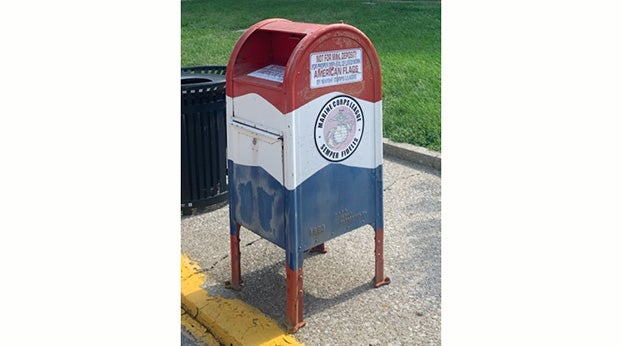Improving mental health
Published 9:00 am Wednesday, September 20, 2017
Before the modern era, even becoming ill was often attributed to displeasing God or the gods, and mental illness was attributed to being processed by demons.
Now, most of us see mental illness as a malfunction of the brain.
So, recently Medicare and insurance companies began to pay for the prevention and treatment of mental health issues. But we still are far less likely to focus attention on mental health concerns than on physical illness, even when it strikes us or those we love.
When we have a physical illness or brain disorder, we and those around us have to cope with and hopefully successfully treat the illness so our lives and our society can continue to function as nearly normally as is possible.
Sometimes we can’t fully recover but we still have to adjust as best we can, and often we can help one another.
NAMI, the National Association for Mental Illness, has a local group that tries to do this in our community. They meet every first and third Monday of the month in the evening at 7 p.m. at the Episcopal church’s fellowship hall at 2410 W. Lexington Ave. near the Board of Education building.
There, people who recognize that they need help with mild or severe mental health issues get together for fellowship, snacks and helping each other learn to live more successfully. Often family members come, too. We try to help each other by talking about what we are doing to improve our friendships, family and work relationships. We discuss relating to our children, our parents, getting a job and making it more meaningful, dealing with court issues and finding more joy in life for ourselves and those we love.
In the two or three years that I have been coming to the group I have seen many who have improved their family relationships, found meaningful work and have freed themselves from addictions.
We all still have problems and sometimes the past cannot be undone, but it helps to have friends who care, who understand because, to some extent, they have been there, and who will share their joyful and painful experiences with us.
We are all happier when we are with people who care for us, imperfect as we all are.
For more information, call 749-3702.
Gordon Liddle
Winchester



